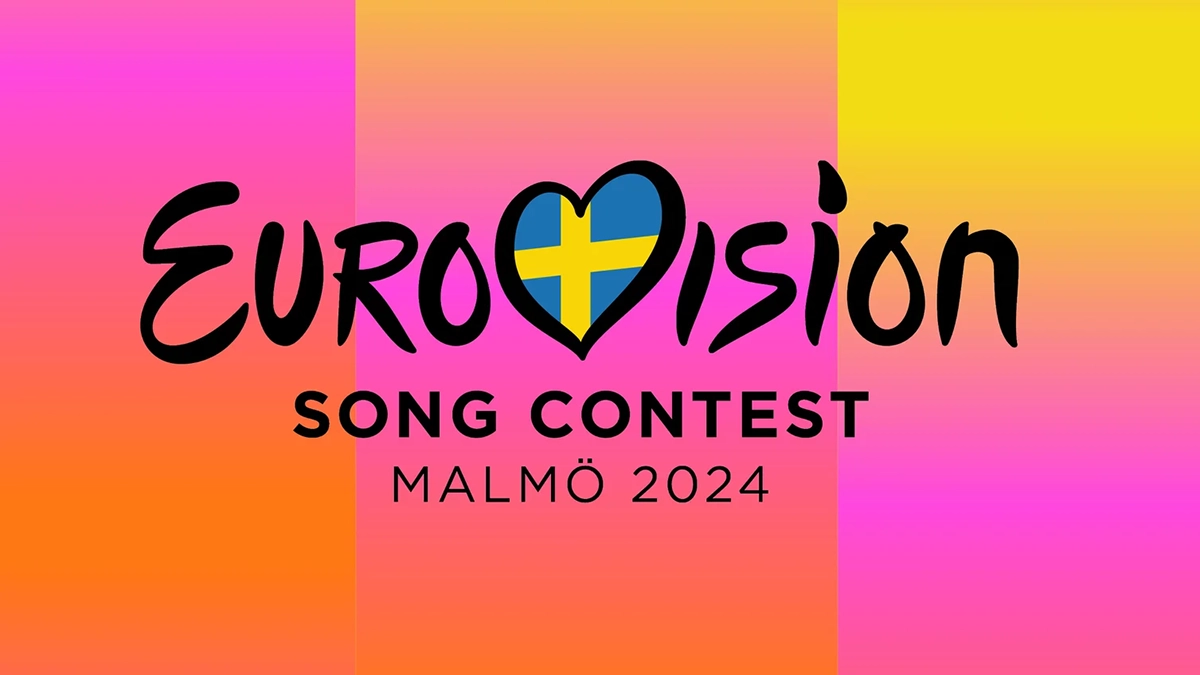
Protesters Occupy Finnish TV Station Yle’s Lobby: Demanding a Boycott of Eurovision
Protesters occupy Yle's lobby demanding a boycott of the Eurovision Song Contest finals due to Israel's involvement.
Protesters Occupy Yle’s Lobby: Demanding a Boycott of Eurovision
Protesters have recently occupied the lobby of Yle’s headquarters in Böle, Finland. Their demand is to speak to executives at Yle regarding a boycott of the Eurovision Song Contest finals due to Israel’s involvement. This development has been reported by HBL.fi.
A Call for Attention
The protesters, numbering around 40, have taken over the lobby of Yle’s headquarters. They want to draw attention to the ongoing conflict in Gaza and express their concern over Finland’s participation in the Eurovision Song Contest.
One of the demonstrators, Wilhelm Blomberg, spoke to HBL.fi and emphasised that their aim is not to disrupt the normal functioning of Yle or prevent people from going to work. Instead, they want to remind Yle employees and executives about the situation in Gaza.
The Question of Withdrawal
Blomberg referred to a statement made by Ville Vilén, Yle’s responsible director for creative content and media, back in January. Vilén had mentioned the possibility of Finland withdrawing from the Eurovision Song Contest if the conflict in Gaza continued to worsen.
The protesters now pose a question to Vilén and Yle: When is it bad enough to withdraw from the competition?
This question raises an important point about the ethical considerations surrounding international events like the Eurovision Song Contest. While the competition is known for its celebration of music and unity, it also becomes a platform for political discussions and activism.
Eurovision: More Than Just a Song Contest
The Eurovision Song Contest, with its long history and massive viewership, has always been more than just a song contest. It has often served as a reflection of the political climate in Europe and beyond.
Over the years, various controversies and debates have emerged surrounding the competition. From accusations of biased voting to political statements made by artists on the stage, Eurovision has been a platform for expressing opinions and raising awareness about important issues.
Therefore, it is not surprising that the conflict in Gaza has sparked discussions about Finland’s participation in the Eurovision Song Contest. The protesters argue that by boycotting the event, Finland can take a stand against Israel’s involvement in the conflict and show solidarity with the people of Gaza.
The Complexity of the Situation
However, the decision to boycott an event like Eurovision is not a simple one. It involves considering multiple factors, including the potential impact on the artists, the fans, and the overall message of unity that the competition aims to promote.
Furthermore, the Eurovision Song Contest is governed by the European Broadcasting Union (EBU), which sets the rules and regulations for the event. Any decision to withdraw from the competition would need to comply with the EBU’s guidelines.
It is worth noting that the EBU has previously emphasised the non-political nature of the Eurovision Song Contest. The organization aims to create a space where countries can come together through music, regardless of their political differences.
A Platform for Dialogue
While the protesters demand a boycott, it is important to recognise that Eurovision can also serve as a platform for dialogue and understanding. By participating in the competition, countries have the opportunity to share their cultures, traditions, and values with a global audience.
Finland’s involvement in the Eurovision Song Contest allows them to showcase their musical talent and contribute to the diverse tapestry of the event. It provides a chance for Finnish artists to connect with fans from all over the world and foster cultural exchange.
Conclusion
The occupation of Yle’s lobby by protesters demanding a boycott of the Eurovision Song Contest highlights the ongoing debate surrounding Finland’s participation in the event. While the conflict in Gaza raises important ethical considerations, the decision to withdraw from the competition is complex.
Eurovision has always been a platform for political discussions and activism, but it also aims to promote unity and cultural exchange. Ultimately, the question of when it is «bad enough» to withdraw from the competition requires careful consideration of the potential impact on various stakeholders and the overall message the event seeks to convey.
